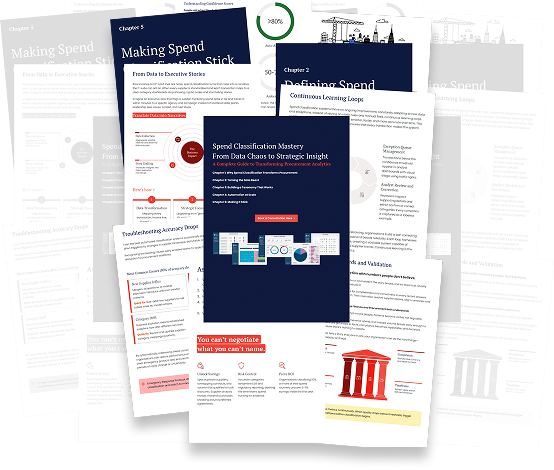Reciprocal trading occurs when one of our customers is also a supplier to us. The two arrangements may or may not be formally linked. In principle, reciprocal trade may cement an existing commercial relationship, and may even create mutual dependencies, which may strengthen the relationship. In practice, the termination of one part of a reciprocal trading relationship can sometimes provoke retaliation by the other party, which causes friction in the relationship. Most procurement strategies involving reciprocal trading relationships seek to maximise the contribution of the relationship to profitability taking a ‘whole-of-business’ approach. However, modelling the flows of value between the parties is not straightforward. For example, supposing the value of our purchases from our supplier is $1million and the value of our sales to them is also $1million. We need to calculate the ‘value’ of the account from a sales perspective in terms of profitability as well as gross revenue. It may well be that the profit contribution of the $1million sales is 5%, or $50,000. Supposing the supplier is not competitive, and after switching costs an alternative supplier would save us $75,000 a year. How may the supplier/customer respond to us cancelling our purchases from them? Decoupling the two transactions is an ideal situation, but not always possible. See also Sourcing.
« Back to Glossary IndexReciprocal Trade
Discover the world’s largest Glossary of Procurement terms
With over 800 Procurement specific terms (and growing) you will find everything you need to know or thought you knew about the Procurement function. Our aim is to provide you with a comprehensive list collated from the Comprara Groups hub of training and procurement consulting source materials.The Procurement Glossary has been compiled by industry expert Paul Rogers.










